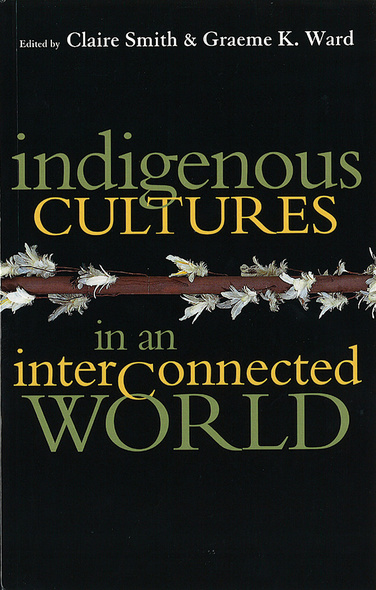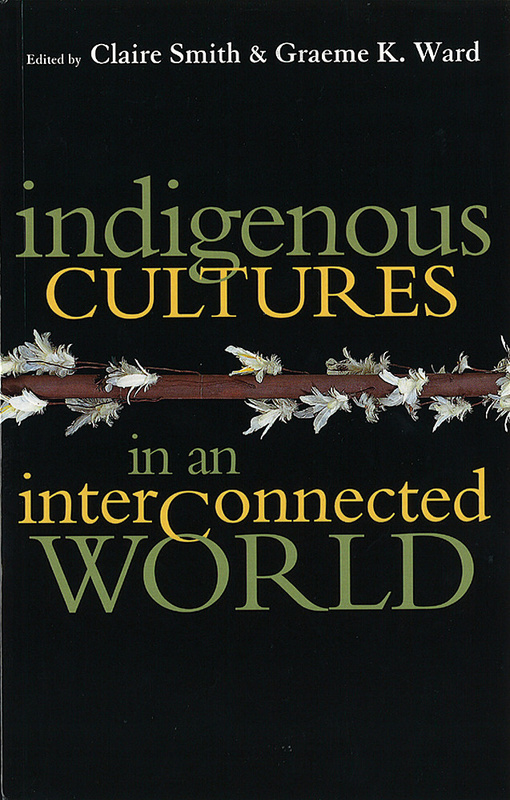Our shopping cart is currently down. To place an order, please contact our distributor, UTP Distribution, directly at utpbooks@utpress.utoronto.ca.

Increasingly, Indigenous people are being drawn into global networks. In the long term, cultural isolation is unlikely to be a viable – even if sometimes desired – option, so how can Indigenous people protect and advance their cultural values in the face of pressure from an interconnected world?
Indigenous Cultures in an Interconnected World is a comprehensive, thought-provoking discussion of the challenges that globalization brings to Indigenous peoples. It outlines successful strategies that have been used by Indigenous peoples to promote their identities and cultural values. It looks at their role as equal and active participants and, indeed, as innovators and leaders in an interconnected world.
The chapters in this book present a truly global perspective on Indigenous issues. They feature a cross-disciplinary integration that takes a holistic approach – in line with that of Indigenous peoples – and includes vignettes of Indigenous cultural practices.
Foreword
Illustrations and Figures
Contributors
Preface
1 Globalisation and Indigenous peoples: Threat or empowerment? / Claire Smith, Heather Burke and Graeme Ward
2 Resources of hope: Learning from the local in a trans-national era / Faye Ginsburg
3 From clan symbol to ethnic emblem: Indigenous creativity in a connected world / Robert Layton
4 Cyberspace smoke signals: New technologies and native American ethnicity / Larry J. Zimmerman, Karen P. Zimmerman and Leonard R. Bruguier
5 History, representation, globalisation and Indigenous cultures: A Tasmanian perspective / Julie Gough
6 Indigenous presence in the Sydney games / Lisa Meekison
7 Elite art for cultural elites: Adding value to Indigenous arts / Howard Morphy
8 Cultural tourism in an interconnected world: Tensions and aspirations in Latin America / Penny Dransart
9 Past and future pathways: Innu cultural heritage in the twenty-first century / Stepehn Loring and Daniel Ashini
Notes
References
Index




